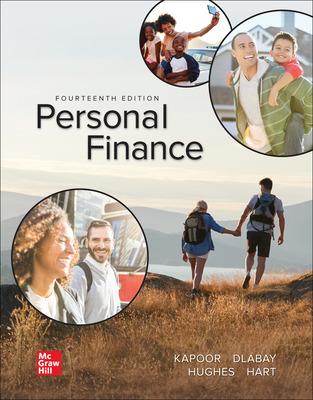Richard received a letter inviting him to participate in a drawing for a free original lithograph by
Question:
Richard received a letter inviting him to participate in a drawing for a free original lithograph by a famous artist. He was asked to return a postcard with his name, address, and phone number. After he returned the postcard, he was telephoned for more information, including his credit card number.
At some point, the caller asked Richard to buy a print, using such glowing terms as “fabulous opportunity,” “one-time offer,” “limited edition,” and “excellent work of a famous artist.” The artist, the caller said, was near death and the print’s value would increase after the artist’s death. He was assured that when the artist died, the company that the caller represented would gladly buy back the print at two to three times what he paid for it and that he could always resell the print elsewhere at a substantial profit. He was told that he would receive a certificate of the “authenticity” of the print. And he was promised a trial examination period with a 30-day money-back guarantee.
Questions
1. Does the offer seem genuine to you? Explain your answer.
2. How can Richard protect himself against a phony offer? List at least five suggestions that you would give him.
3. If Richard bought the work of art and discovered fraud, how should he try to resolve his dispute with the company that sold it to him? Where should he complain if the dispute is not resolved?
Step by Step Answer:

Personal Finance
ISBN: 9781264101597
14th Edition
Authors: Jack Kapoor, Les Dlabay, Robert Hughes, Melissa Hart





